The Asociación Síndrome de Down Las Palmas explains in this article the work they do to support people with Down syndrome and their experience using NeuronUP.
What is Down syndrome?
Down syndrome is a human characteristic that occurs as a result of a genetic alteration(due to the appearance of an extra chromosome in pair 21 of the body’s cells), thus altering the normal functioning of the organism and giving rise to the appearance of an intellectual disability. People with Down syndrome have three chromosomes in pair 21 instead of the two that usually exist; for this reason, this syndrome is also known as trisomy 21. It is not a disease.
However, the development of a child with Down syndrome is not exclusively the product of genes but, above all, of the environment and the supports and stimuli they receive throughout their life. Appropriate early intervention, as well as constant accompaniment and support, minimize their physical limitations and enhance their intellectual capacities. Thus, people with Down syndrome can develop a full, normalized and autonomous life.
It is estimated that about 34,000 people with Down syndrome live in Spain, and a total of six million worldwide.
Estimates indicate that between 30% and 40% of people with intellectual disability have Down syndrome.
The life expectancy of a person with Down syndrome has increased considerably currently standing at around 60 years.
Characteristics of Down syndrome
Health and medical problems
With respect to the physical and mental health of people with Down syndrome, for the most part they enjoy good health and their life expectancy has averaged around the 60 years as an average. The syndrome brings some health problems that are sometimes mild, easily predictable and correctable, and other times severe. Severity does not mean that the conditions cannot be treated: a severe heart condition or a duodenal atresia can be fully corrected by surgery; a leukemia can be cured with chemotherapy.
From a global and longitudinal perspective, a person with Down syndrome presents the following characteristics:
- A set of traits and signs detectable in the newborn that are indicated in the biomedical characteristics (next section).
- Slowness and reduced bodily growth, including cranial. Consequently, the stature reached is smaller and they often present microcephaly.
- Slowness of motor development and cognitive development. Individual variability is enormous. Slowness does not mean there is no progress, so although the intelligence quotient decreases with age, cognitive capacity and skills progress so that most people can come to experience their cognitive and adaptive abilities satisfactorily in ordinary settings.
- Immunity problems. This explains the frequency with which recurrent infections occur (e.g., chronic rhinitis, serous otitis media, pneumonias, periodontitis). Other times an autoimmune condition may appear (e.g., thyroid dysfunction, celiac disease), or a malignant disease (e.g., childhood leukemia which, although rare in absolute terms, less than 1%, is more frequent than in the rest of the population).
Biomedical characteristics
Small skull (microcephaly), round face, high-arched or dome-shaped palate, hypotonia, foot deformities, associated ear problems (hypersensitivity) and vision (strabismus).
Cognitive characteristics
Intellectual disability, limited attention capacity, developmental delay, easy emotional dysregulation.
Behavioral characteristics
Difficulty interacting with the environment and emergence of stereotyped behaviors.
Communicative characteristics
Overall delay in language acquisition characterized by great difficulty in oral expression, with comprehension being more developed.
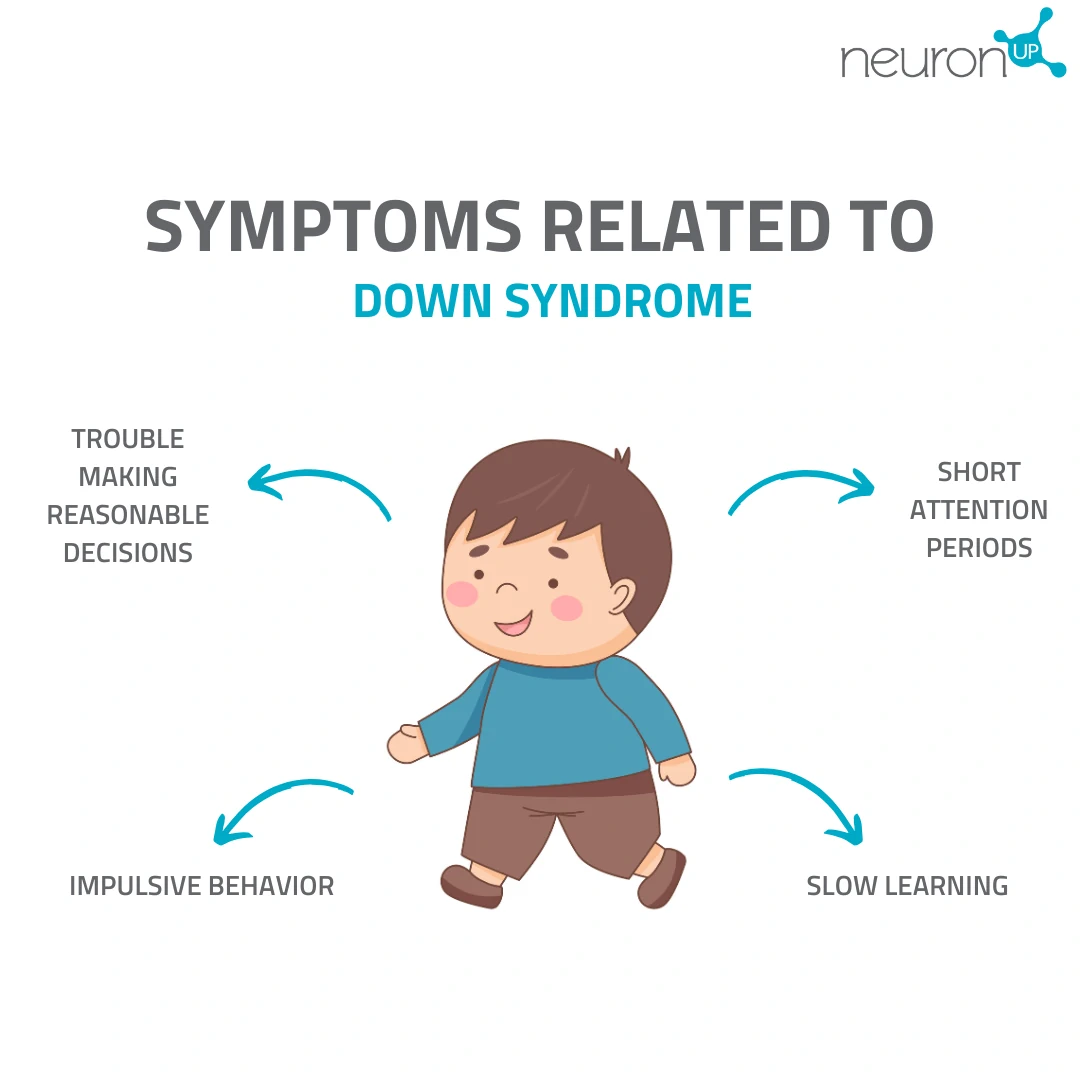
La Asociación Síndrome de Down de Las Palmas
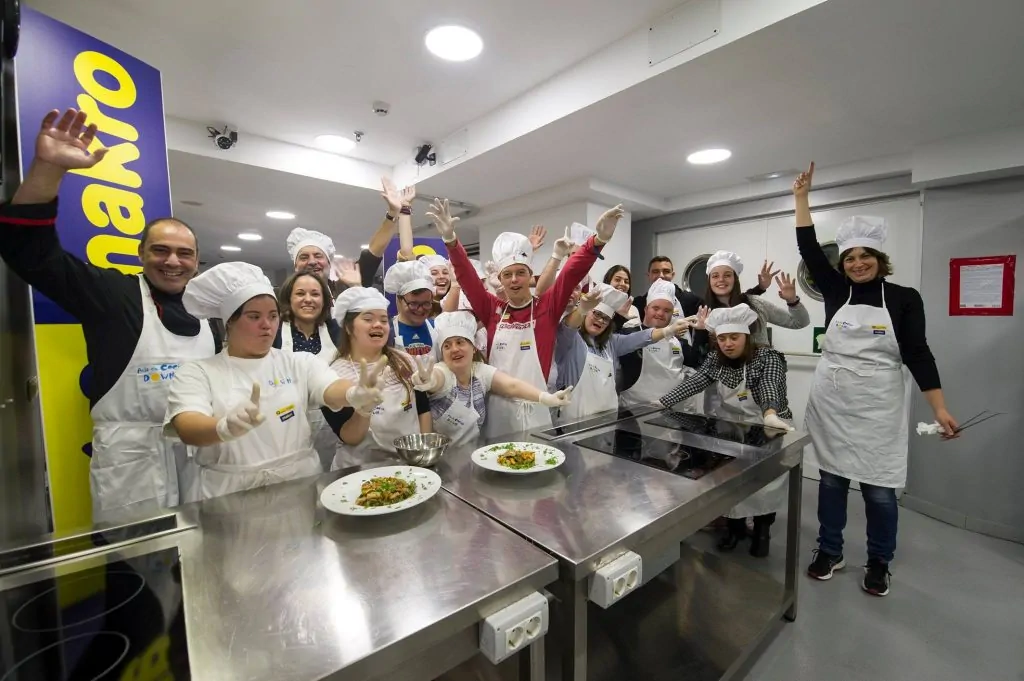
The Asociación Síndrome de Down de Las Palmas (ASDLP) is a non-profit entity created in 1987 by a group of family members of people with Down syndrome, serving as an instrument to address the needs and concerns of its members. The uniqueness of Down syndrome requires a high degree of psychological, pedagogical and professional attention specialization (because it encompasses well-differentiated characteristics and needs). And to provide an adequate response to them, and to contribute to the lack of institutions that support these people and their families, our association was founded.
It is in this context that Down Las Palmas contributes with concrete and professionalized solutions to people with Down syndrome and their families, setting as its purpose the “to promote the development, normalization and full integration of people with Down syndrome in all the areas in which they live their lives (personal, family, educational, occupational and social)”.
Down Las Palmas is a member entity of the Spanish Federation of Institutions for Down Syndrome (Down España), as well as of the Confederation of Organizations in favor of People with Intellectual Disabilities (Plena Inclusión) and its Federation in the Canary Islands (Plena Inclusión Canarias).
Our mission
Our mission is to be the reference entity in the Canary Islands, ensuring full development personal, family, educational, occupational and social for people with Down syndrome, as well as promoting normalization and raising social awareness.
What we do: professionalized work programs
To improve the quality of life of people with Down syndrome and their families, our work focuses on 7 professional work programs, which include the different projects and activities that we develop daily:
1. Management and promotion of the association
Program aimed at managing human, material and economic resources for the maintenance of the association and the proper development of its activities, as well as promoting its presence and participation in society and its institutions.
2. Volunteering and social participation
Program aimed at promoting the recruitment and active participation of volunteers, as well as social participation in general and professional training:
3. Family support
Program aimed at supporting, informing and advising families in the different stages and circumstances of the lives of people with Down syndrome.
4. Educational support
Program aimed at promoting the full integration into the educational system of people with Down syndrome, as well as actively collaborating with the entire educational community for that purpose. In addition, it includes the development of educational/training activities complementary to the comprehensive development of people with Down syndrome.
5. Social integration and personal autonomy
Program aimed at promoting the integration, social normalization and personal autonomy of people with Down syndrome through cultural, recreational, sports activities, etc.
6. Training and employment integration
Program aimed at promoting job training oriented to the work and occupational integration of people with Down syndrome, and the management of employment in mainstream companies.
7. Socio-personal development and maintenance
Program aimed at offering adequate responses to the challenges, needs and situations presented by adulthood for people with Down syndrome and their families.
Our experience with NeuronUP
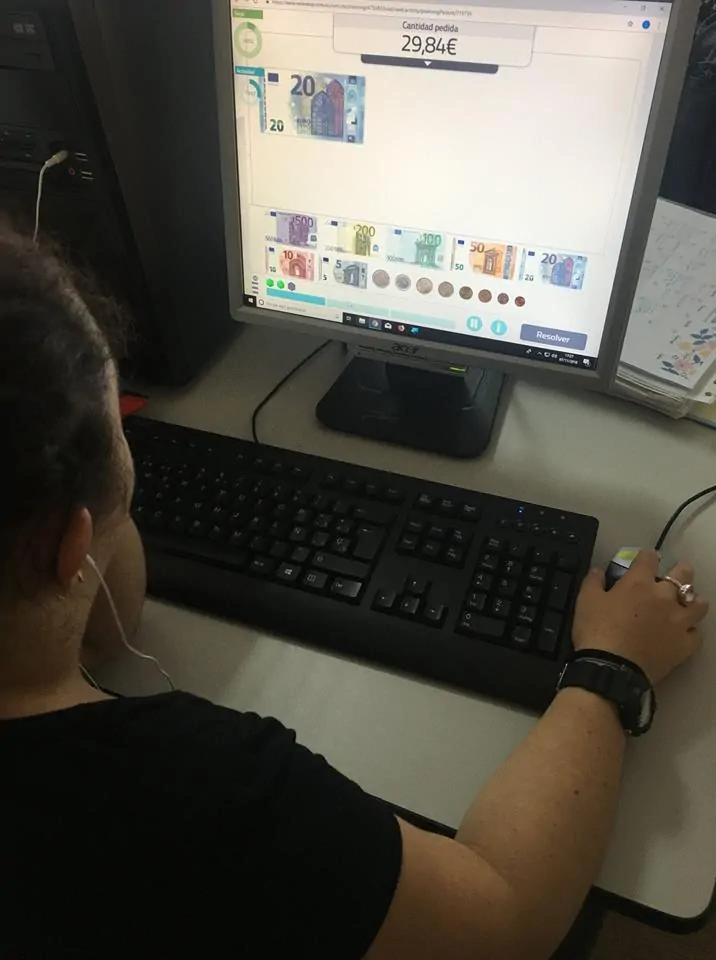
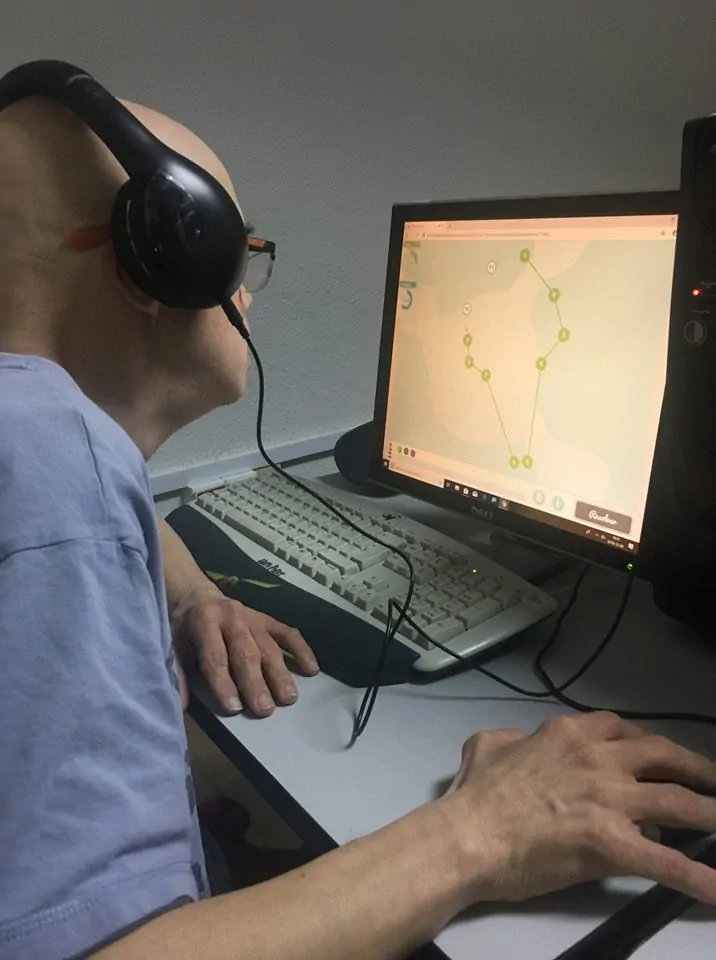
We have had NeuronUP for two years, which has been a fundamental support from the beginning for the professionals of our organization involved in the processes of rehabilitation and stimulation cognitive.
This tool allows us to carry out many activities in a personalized way for the cognitive improvement of the people with Down syndrome we work with.
About 50 people with Down syndrome of different ages and very diverse life situations directly benefit, and NeuronUP allows us to individualize and reach learners at different levels of difficulty, being able to work on numerous educational and training objectives.
If you are interested in this post you may also be interested in reading:
“This article has been translated. Link to the original article in Spanish:”
El Síndrome de Down contado por Down Las Palmas
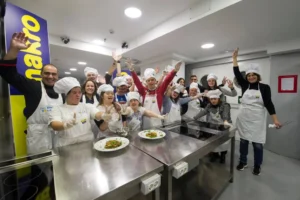
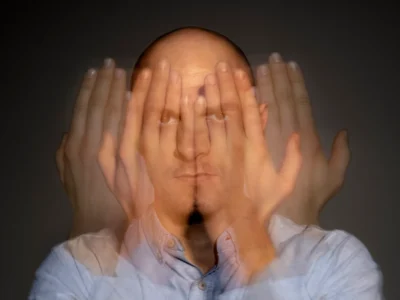
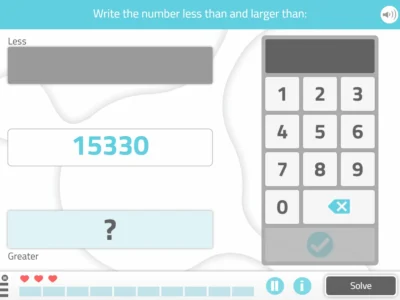

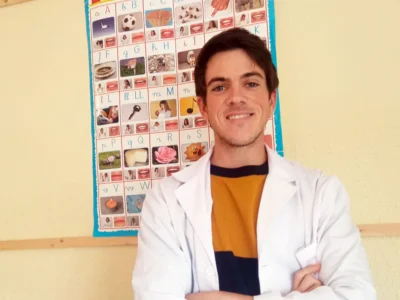
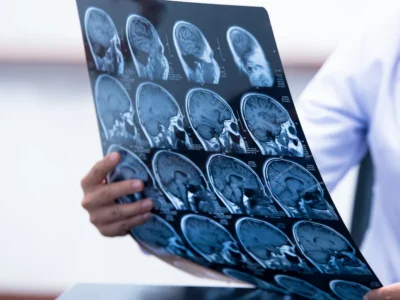

 Executive functions and their relationship to the reading process and academic performance
Executive functions and their relationship to the reading process and academic performance
Leave a Reply